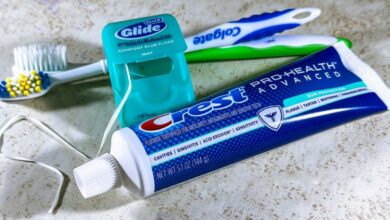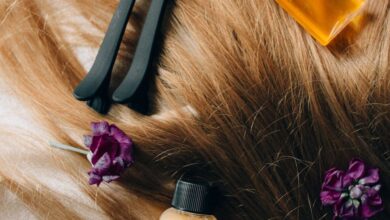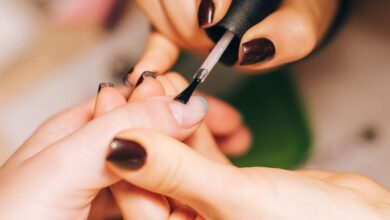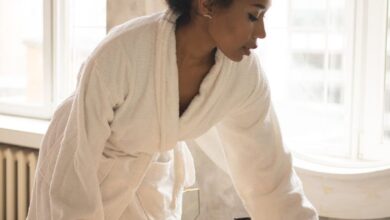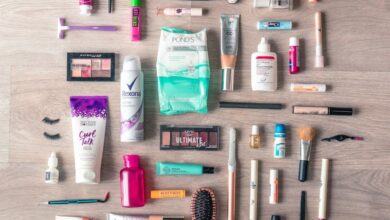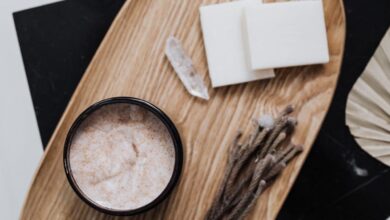What Are the Best Acne Treatments
Acne is a common skin condition that affects millions of people, particularly adolescents and young adults. While it can be frustrating and often impacts self-esteem, various effective treatments are available to help manage and reduce breakouts. Understanding these options can empower individuals to choose the best course of action for their skin.
Topical Treatments
Topical treatments are often the first line of defense against acne. These products are applied directly to the skin and can come in various forms, including creams, gels, and lotions.
Benzoyl Peroxide is a standout ingredient found in many over-the-counter acne treatments. It works by killing the bacteria that contribute to acne development and by helping to unclog pores. Available in various strengths, it’s essential to start with a lower concentration to assess skin tolerance.
Salicylic Acid is another popular topical treatment. This beta hydroxy acid penetrates deep into the pores, helping to exfoliate dead skin cells and reduce inflammation. Regular use can lead to clearer skin, making it a favorite among those with mild to moderate acne.
Retinoids, derived from vitamin A, are prescription-strength treatments that promote cell turnover and prevent clogged pores. They can be particularly effective for those with persistent acne and have the added benefit of reducing the appearance of fine lines and wrinkles.
Oral Medications
When topical treatments aren’t enough, oral medications may be necessary. These options are typically recommended for moderate to severe acne.
Antibiotics like doxycycline and minocycline can help reduce inflammation and the bacteria that cause acne. They are often prescribed for a short duration to minimize potential side effects, such as antibiotic resistance.
Hormonal treatments, particularly for women, can also be effective. Birth control pills that regulate hormones can reduce the oil production that leads to acne. Some specific formulations, like those containing drospirenone, have been shown to improve acne symptoms significantly.
Isotretinoin is a powerful oral retinoid reserved for severe cases of acne that have not responded to other treatments. It works by drastically reducing oil production in the skin and has shown remarkable results. However, due to potential side effects, including severe dryness and birth defects, it requires close monitoring by a dermatologist.
Natural Remedies
For those seeking alternative approaches, natural remedies may provide relief. Tea tree oil, for example, has antimicrobial properties and can be applied topically to help reduce acne. While it may not work for everyone, some find it a gentler option compared to harsher chemical treatments.
Green tea extract is another natural remedy gaining popularity. Rich in antioxidants, it can reduce inflammation and may be effective when used topically or ingested as a supplement.
Zinc supplements have also been shown to improve acne in some studies. Zinc is important for skin health and can help regulate oil production, making it a useful addition to an acne-fighting regimen.
Lifestyle Changes
In addition to topical and oral treatments, lifestyle changes can have a significant impact on acne management. A balanced diet rich in fruits, vegetables, and whole grains can contribute to overall skin health. Foods high in antioxidants, such as berries and leafy greens, may help combat inflammation.
Hydration is crucial. Drinking plenty of water helps maintain skin elasticity and can prevent excess oil production. Additionally, getting enough sleep and managing stress levels can improve skin conditions, as stress is known to exacerbate acne flare-ups.
Regular cleansing routines are vital in preventing breakouts. Using a gentle cleanser twice daily helps remove excess oil and dirt from the skin without causing irritation.
Finding Your Solution
Acne treatment is not one-size-fits-all. What works for one person may not be effective for another. It’s important to consult with a dermatologist to develop a personalized plan based on individual skin type and severity of acne. With the right approach and patience, clear skin is possible.


